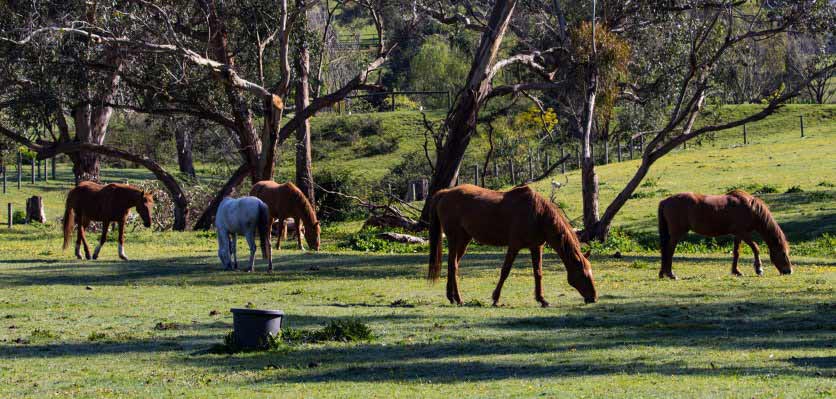
They say you should ‘never look a gift horse in the mouth,’ but those who take this proverb a little too literally may find that they - and their bank balance- have bitten off more than they can chew.
‘Free’, or near-free horses are not hard to find. The equine industry is a lucrative one, and seasoned traders know the worth of the stock they advertise. The temptation of a ‘free’ horse should be met with careful consideration, as both your money and safety could be at risk.
There are many ‘not-so’ hidden costs of a ‘free’ horse, which every potential purchaser needs to consider. Basic equine husbandry and feeding are costly, and you will also need to factor in the regular costs of veterinary preventative health care such as vaccinations, parasite control, and dental care. That’s not to mention the emergency savings every horse owner should have on standby for unforeseen veterinary care.
Then there are the hidden costs. If acquired as a riding horse, your new companion will often require restarting or retraining. Unless you’re experienced in this field, you will likely have to hire a professional trainer.
On occasion, a ‘free’ horse may have experienced a degree of husbandry neglect and might come to their new owner with pre-existing health conditions that could require veterinary management. Unlike the horse, this won’t come free of charge.
Careful attention must be paid to the temperament of any ‘free’ horse, and consideration of the new owner's ability also undertaken. We recommend potential owners enlist the advice of a professional trainer when deciding if a horse is suited to their ability and ambitions. We also encourage getting veterinary advice prior to accepting any offers, a thorough veterinary pre-purchase examination will provide information about a horse's health, and any abnormalities present which might affect the suitability of the horse.
The role of the veterinarian in evaluating the horse is to provide you with information to help you determine the level of health risks associated with accepting the horse so don’t expect a veterinarian to tell you whether to accept a horse, ultimately this is your decision, and a veterinarian can only advise as to the health of a horse on the day of examination.
If the circumstances are right, the experience of providing a new start in life to an otherwise unwanted animal can be incredibly rewarding. However, tread carefully, especially if you are a novice horse owner. The best protection is information, always seek the advice of professional trainers and veterinarians before accepting a ‘free’ horse.
